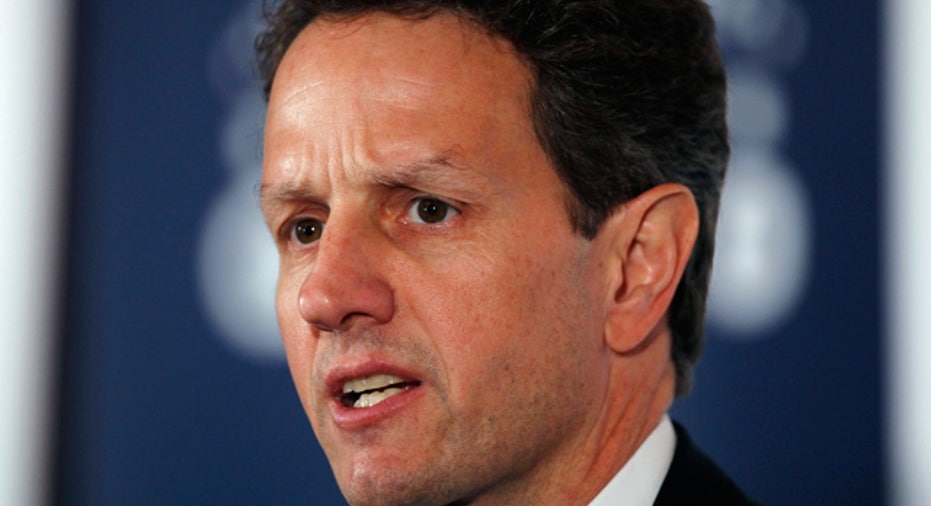Geithner: TARP to Cost Less Than 1% of GDP

The U.S. government's financial rescue efforts will cost less than 1% of gross domestic product, considerably below past systemic crises, U.S. Treasury Secretary Timothy Geithner said on Thursday.
Geithner told a bailout watchdog group the Treasury expects to earn a positive return on its remaining support for banks, automakers, credit markets and American International Group as part of the $700 billion Troubled Asset Relief Program.
"The cost of TARP is likely to be no greater than the amount spent on the program's housing initiatives," Geithner said in prepared testimony to the Congressional Oversight Panel.
He said the direct financial cost of TARP was once estimated as high as $350 billion by the Congressional Budget Office but was now "likely to cost a fraction of that amount" as investments are sold off and interest and dividends collected. The latest estimate from the non-partisan CBO estimated that TARP's net cost will be as low as $25 billion.
The Treasury's most recent all-in cost estimate for TARP, including expected gains from AIG investments, is about $30 billion.
Geithner said the 1% of GDP cost for all rescues -- including capital support to Fannie Mae and Freddie Mac. and actions taken by the Federal Reserve -- is "remarkably low" compared to other past banking crises. He cited an International Monetary Fund study that showed the average net fiscal cost of resolving the 40 global banking crises since 1970 was 13% of GDP in the involved countries.
The Government Accountability Office estimates the cost of the U.S. savings and loan crisis in the 1980s and 1990s was around 2.4% of GDP, he added.
"The true cost of this crisis to the economy, however -- the jobs, wealth and growth that it erased -- is much higher, but that damage would have been far worse without the government's emergency response," Geithner said.
He said the U.S. economy and financial system still show "signs of significant damage" from the crisis, with the unemployment rate still near 10% and small businesses still having difficulty accessing credit.
He said the housing market also remains weak, and the Treasury is continuing to use mortgage finance giants Fannie Mae and Freddie Mac to apply downward pressure on rates.



















